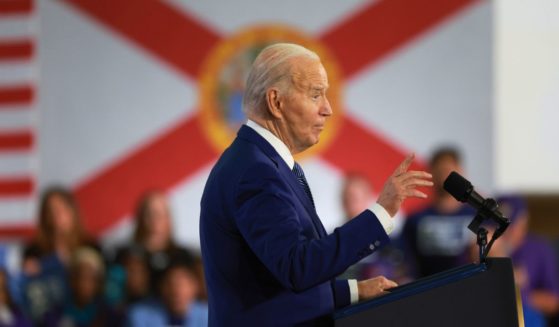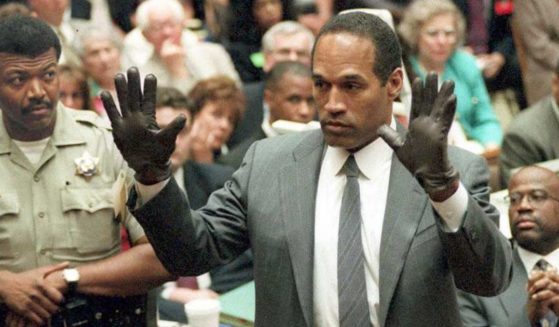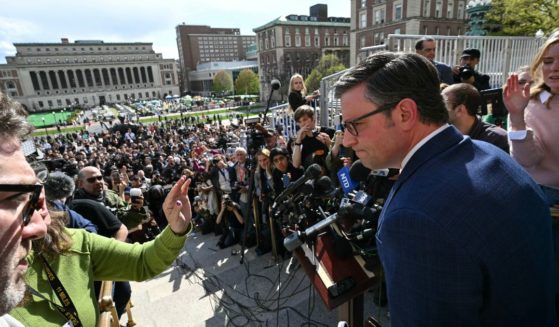100 Years After Yellow Fever Eradicated in US, 3rd-World Country Has Outbreak
A state in Brazil has declared a public health emergency after a yellow fever outbreak in the southeast of the country has claimed at least 15 lives since December — and officials worry that the outbreak could travel to the United States for the first time in over a century.
According to the BBC, the state of Minas Gerais in the country’s southeast has seen over a dozen deaths from the disease.
“Many areas, including the state capital Belo Horizonte, have been affected,” the BBC reported
“A mass vaccination program is in place in three southern states. But queues have formed outside clinics in Rio and Sao Paulo amid concerns that vaccines could run out.”
Lines have also formed outside clinics in Argentina, as many tourists are planning to travel to Brazil for Carnival.
The current outbreak has been festering in Brazil since at least December of 2016, The Washington Post reported last March. Between December of 2016 and March of 2017, 220 people died of the severe form of the disease.
Minas Gerais has been hit hardest among the states experiencing the epidemic, with 475 confirmed cases and 162 deaths.
While the outbreak has thus far been concentrated in Brazil’s rural southeast, officials are concerned that it could migrate to the city, where the Aedes aegypti mosquito — the same mosquito responsible for Zika — could cause human-to-human transmission.
Given that the Aedes aegypti is also extant in the United States and that a high number of Americans travel to Brazil — especially during Carnival season — some experts are worried that the disease could make its way back to the United States.
“The concern now is that there are a considerable number of these jungle cases, and there’s always the possibility — although it’s very unlikely — that some of these infected people in the jungle” could travel to the cities of Brazil, where they could infect Aedes aegypti mosquitos and enable human-to-human transmission,” Anthony Fauci, director of the National Institute of Allergy and Infectious Diseases, wrote last March.
The last outbreak of yellow fever was in New Orleans back in 1905, where 452 people died. Since then, the United States has been free of the disease, which begins like a common flu but can progress to a more severe form in roughly 15 percent of patients.
If one develops the severe form of the illness, there’s up to a 50 percent chance of death.
“The yellow fever outbreak in Brazil is yet another reminder of the dangers posed by mosquito-borne diseases around the world,” CDC medical epidemiologist Erin Staples said at the start of the outbreak.
“It’s critical that nations have the capacity to quickly detect and control these outbreaks in order to decrease the illness and death and prevent the spread to other locations.”
In the United States, at least, we’ve prevented these outbreaks for well over a century. It’s a good thing, too; when one outbreak hit Philadelphia in the late 18th century, it claimed 10 percent of the city’s population. While the risk of yellow fever coming from a less-developed country — or, in the (alleged) parlance of our president, a “s***hole country” — is low, it’s still something we need to take very seriously.
Please like and share on Facebook and Twitter if you agree.
Truth and Accuracy
We are committed to truth and accuracy in all of our journalism. Read our editorial standards.












